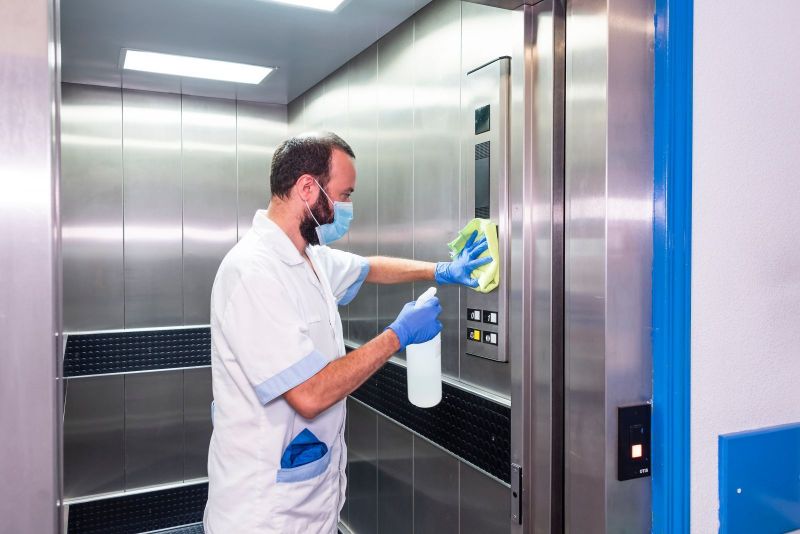In moments of crisis, whether it's a natural disaster, industrial accident, or a public health emergency, one thing remains constant: the need for swift and reliable biohazard cleanup. Biohazardous materials pose a significant threat to both public health and the environment, requiring a specialized response from trained professionals. In this blog, we will delve into the importance of emergency biohazard cleanup, the key elements of a dependable response team, and the steps you can take to ensure your community's safety.
Understanding the Importance of Biohazard Cleanup
Biohazards encompass a wide range of dangerous materials, including bloodborne pathogens, infectious diseases, chemicals, and even radioactive substances. These materials can be the result of accidents, natural disasters, or intentional acts of harm. Failing to manage and clean up biohazards promptly can lead to severe health consequences, environmental contamination, and long-term economic impact.
The importance of biohazard cleanup extends beyond the immediate crisis. It is essential to prevent the spread of diseases, protect first responders and cleanup crews, and minimize the environmental footprint of hazardous materials. Effective biohazard cleanup is not just a matter of safety; it is a civic responsibility.
Key Elements of a Dependable Biohazard Cleanup Response Team
- Rapid Response: Time is of the essence in biohazard cleanup. A reliable response team must be available 24/7, ready to mobilize at a moment's notice. Delays can exacerbate the situation, increasing the risk to public health and the environment.
- Expertise and Training: Biohazard cleanup is a highly specialized field that requires rigorous training and expertise. Cleanup crews should be certified in handling biohazardous materials and equipped with the latest technology and protective gear.
- Regulatory Compliance: Biohazard cleanup is subject to stringent regulations at the federal, state, and local levels. A dependable response team should have a deep understanding of these regulations and ensure that all cleanup activities comply with them.
- Proper Equipment: The cleanup of biohazardous materials often involves the use of specialized equipment, such as personal protective gear, containment units, and decontamination tools. A professional team should have access to and knowledge of the proper equipment required for the task.
- Discretion and Sensitivity: Biohazard cleanup frequently occurs in emotionally charged situations, such as crime scenes or accidents. A compassionate and discreet approach is essential when dealing with affected individuals and communities.
- Environmental Responsibility: Biohazardous materials can harm the environment if not managed correctly. A dependable cleanup team should prioritize environmental protection and employ strategies to minimize the impact of cleanup activities on ecosystems.
Steps to Ensure Your Community's Safety
- Know Your Local Resources: Familiarize yourself with local biohazard cleanup companies and their capabilities. Having this information on hand can save crucial time in the event of an emergency.
- Emergency Preparedness: Develop an emergency response plan for your community that includes biohazard cleanup procedures. Ensure that local authorities and first responders are aware of this plan and can coordinate with cleanup teams effectively.
- Training and Education: Educate community members about the risks of biohazard exposure and the importance of reporting incidents promptly. Encourage businesses and organizations to have their own biohazard response plans in place.
- Support Local Regulations: Advocate for strong local regulations and oversight of biohazard cleanup activities. Public pressure can help ensure that cleanup companies meet the highest standards of safety and environmental protection.
- Collaborate with Cleanup Experts: In cases of biohazardous incidents, collaborate closely with cleanup experts and follow their guidance. Avoid attempting cleanup without the necessary training and equipment, as this can exacerbate the situation.
Biohazard cleanup is a critical component of emergency response that should never be underestimated. It requires the expertise of trained professionals who can act swiftly and responsibly to protect public health and the environment. By understanding the importance of biohazard cleanup, recognizing the key elements of a dependable response team, and taking proactive steps in your community, you can ensure that you have biohazard cleanup you can count on in times of crisis.

